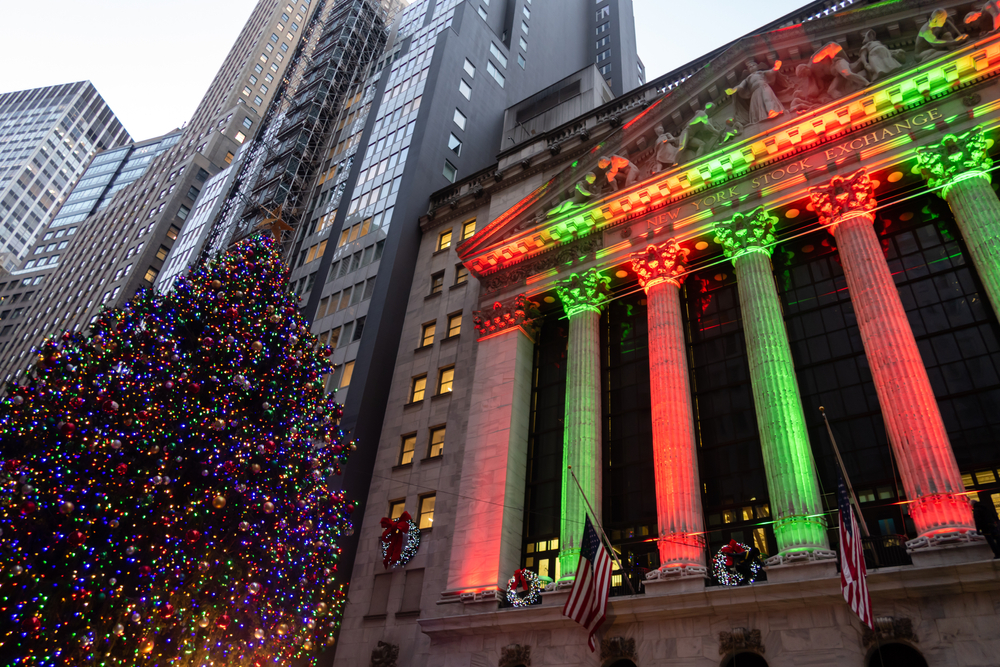December 15, 2021
Advent lifts the veil of judgment and mercy in the divine economy
One of the more disturbing aspects of the way the market economy works is the ability of, at least some, participants to avoid responsibility for their decisions and actions. The manner in which this works is through the concepts of corporate personality and limited liability. Continue Reading...




